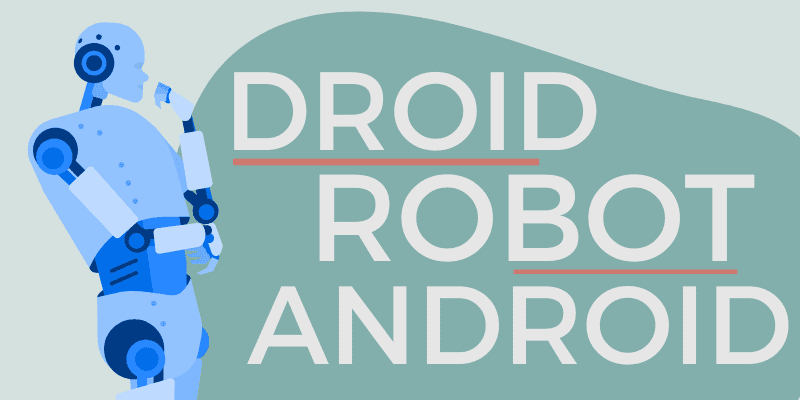Alcoholism vs dipsomania
Alcoholism is an addiction or a dependency on alcohol. The word alcoholism comes from the Modern Latin word alcoholismus, which was coined in the mid-1800s by Magnus Huss, a professor of medicine in Sweden. However, Huss used the word to describe an illness that is called alcohol poisoning, today. At this time, alcoholism was labeled as habitual drunkeness, and other similar terms. Dipsomania is a type of alcoholism which is characterized by periodic bouts of uncontrollable craving for alcohol. Alcoholism …
